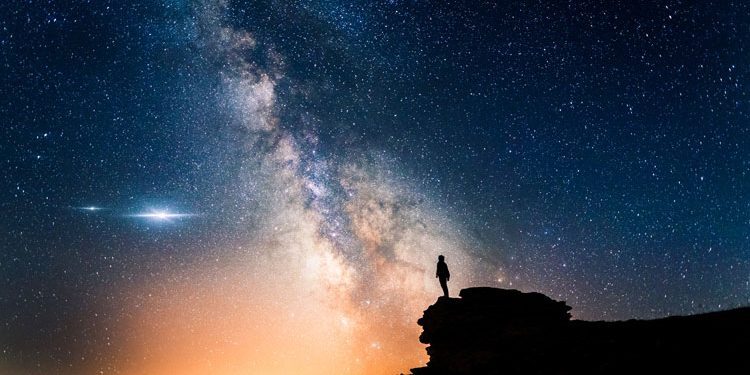The UK Social Attitudes Survey Report on Dying is based on the premise that discussion about and preparation for dying will lead to a ‘good death’ with reduced distress for those involved – the person dying and their family and friends. This report demonstrates a trend towards growing openness to the topic of dying, but with much progress still to be made. In this report, although a majority of the public had been exposed to bereavement and reported feeling comfortable with discussing death, only a minority of those interviewed had discussed their end of life wishes or made concrete plans for their death. You can read the report HERE
It is widely acknowledged that in our modern culture and society there is a fear of confronting our own death, as well as the deaths of those we love. Research suggests that those who are the most religious or who have no religion at all tend to be the ones who are least afraid of death. Those who are most afraid of death tend to be those who have doubts about their religious beliefs.
My approach to death is embodied in the tattoo that I bear on my right forearm:
After all, to the well organised mind, death is but the next great adventure.
Albus Dumbledore
This attitude is based on the recognition that the only thing that is certain in life, is that we are going to die. If it’s definitely going to happen, why worry about it?
I was fortunate to be present when my grandfather died. He was a good kind man, not at all religious. As he died the most beautiful smile appeared on his face. I felt a serene sense of joy and wonder in that moment and since then I have not felt afraid of death. Although, I do have a concern about the illness and pain that I might experience in the run up to my death, but not in the death itself.
Before my grandma died, she lived with dementia for some time. I saw her relive some of the most difficult experiences of her life, which she had not come to terms with, and which caused her a lot of distress. This was an object lesson in letting go of regrets and resentments and coming to terms with the most difficult experiences of life, while I was able to.
I have been very fortunate to train my mind in the Tibetan Buddhist tradition for almost twenty years. This has included doing courses and reading books on death and dying in this tradition, which has further reassured me. I have reflected daily on death and impermanence for several years and this has engendered within me a more accepting attitude.
As Ponlop Rinpoche says in Mind Beyond Death “If we choose to look in the face of death directly, then we can be certain of transforming that meeting into a profound experience that will bring untold benefit to our spiritual journey”.
On seeing the suffering around me that is caused by fear of and denial of death, I was keen to find a way to support others, of all religions or none, to develop more acceptance of death and to use mindfulness and compassion meditation to support them in living well in preparation for death. This resulted in my work with Jacky Seery on the Living Well to Die Well course. Jacky has trained as a death doula and so has much experience to offer in supporting ourselves and our loved ones in dying well.
As Rob Nairn says in Living, Dreaming, Dying:
“The mysteries around death and dying are unnecessary. There is no reason for us not to care for the dying. In fact, there is every reason we should, because caring for those we love, or for any person during his or her final days, is the last and greatest gift we can offer the person.”
We can train together to face the inevitable while supporting each other. In the meantime, we can live well together. A great gift indeed!
Kind Wishes,
Heather


